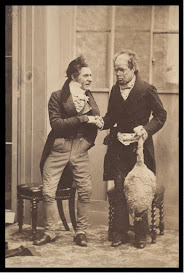Social Interaction 2: Examples from D&D, Naturalistic Interaction Mechanics, Ability Checks & Reaction Rolls

The previous post about social interaction explored the different areas that social rules should cover. A relatively complete system should help resolve social situations when there is conflict and uncertainty, specifically: persuading others and resisting attempts at persuasion lying, recognizing falsehoods (related: seeking secret information, hiding information) maintaining relationships This article will look at different social mechanics in published games and see how (or whether) they represent these concepts. We will also look at how players can affect outcomes and what GMs are directed to consider when adjudicating interactions. Social Interaction Rules in D&D We will start with the big one, looking a social mechanics from the current edition, D&D 5E, and then look at variations from earlier iterations of the game. On page 185 in the 5th Edition Player's Handbook under social interaction the section divides interaction into roleplaying and ability checks. Under t


